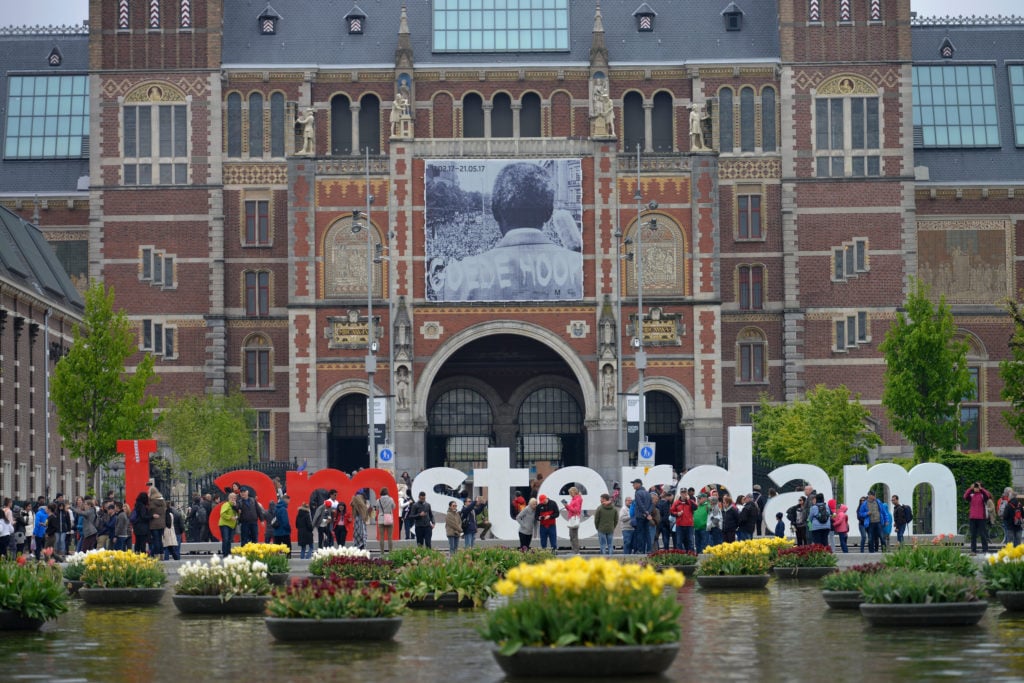Art World
The Rijksmuseum Becomes the Latest European Institution to Consider Returning Looted Artifacts From Its Collection
The museum says it could enter into talks with the objects' countries of origin, including Sri Lanka and Indonesia.

The museum says it could enter into talks with the objects' countries of origin, including Sri Lanka and Indonesia.

Caroline Goldstein

As the Rijksmuseum begins to research the colonial heritage of artifacts in its collection, director Taco Dibbits has said that the Amsterdam museum “should have done it earlier and there is no excuse,” according to the Guardian, which translated the quote from the Dutch newspaper De Trouw.
The Rijksmuseum says it will specifically look at 10 objects from its collection, though it owns up to 1,000 stolen colonial-era objects, the Guardian reports.
“We will do this research—if possible—together or in dialogue with countries or institutions the objects originally come from,” a spokesperson for the museum told artnet News. Sri Lanka and Indonesia are among those countries.
The objects at issue include the Banjarmasin Diamond, which once belonged to Sultan Panembahan Adam, and is described as “war booty” on the museum’s website.
Dibbits’s bold statements come as a wave of European institutions are reassessing their collections and responding to high-profile calls to return artifacts to their countries of origin. French president Emmanuel Macron commissioned a landmark report in November 2018 that called for the permanent repatriation of African objects, while the Dutch National Museum of World Cultures published new guidelines earlier this month for countries seeking the return of looted objects.
In February, Nigerian officials requested the immediate return of the Lander Stool from the British Museum, an object believed to be the first object looted from the country during the colonial era.